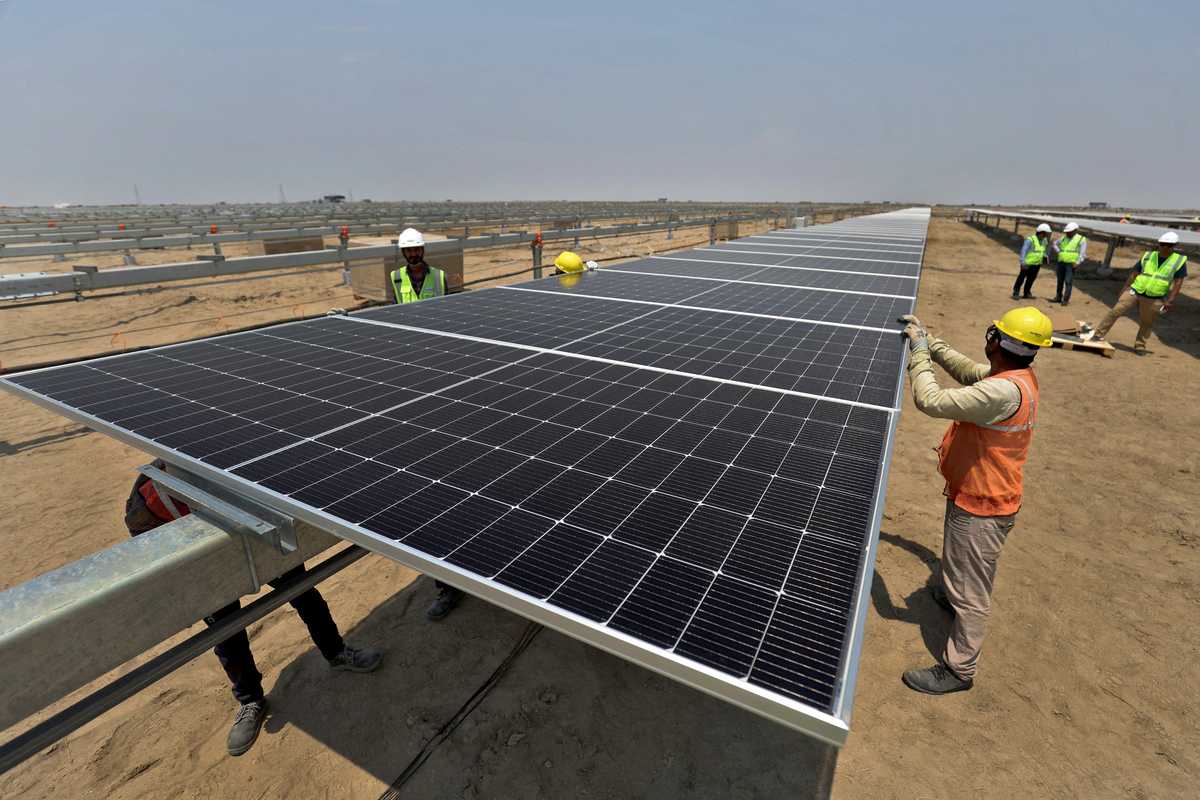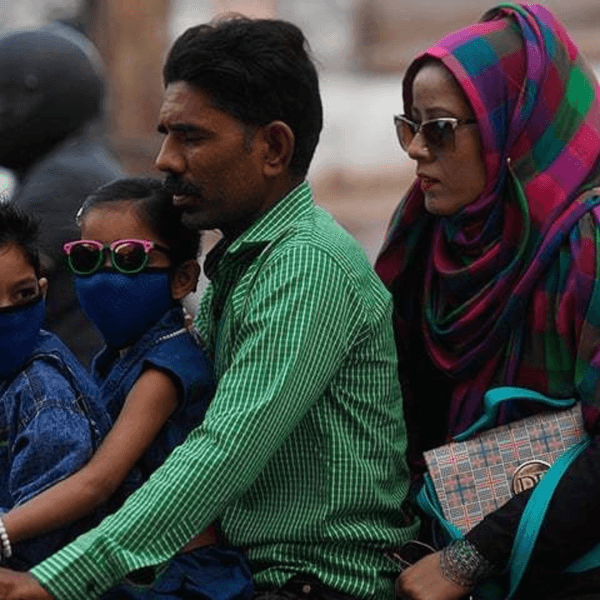Pakistan Customs uncovers massive money-laundering operation
Solar panel imports were grossly over-invoiced to launder illicit funds
Business Desk
The Business Desk tracks economic trends, market movements, and business developments, offering analysis of both local and global financial news.

Pakistan Customs has exposed a money-laundering cartel that funneled PKR 106 billion ($381.3 million) abroad under the guise of importing solar panels, which were actually worth only PKR 119 million.
The cartel, led by Rab Nawaz and his brother Ahmed Nawaz, used seven bogus companies to over-invoice solar import and launder illicit funds. FIRs have been lodged against these companies and the masterminds.
Amid Pakistan's economic struggles, the cartel inflicted significant financial damage by laundering billions.
The investigation also highlighted the complicity and potential negligence of shipping lines and banks in concealing the true value of goods in insurance documents.
Only five shipping line agents provided evidence of inflated values, indicating widespread over-invoicing.
Original invoices from China showed solar panels valued at $0.15 per watt were imported at $0.35 to $0.70 per watt, reflecting over-invoicing of 235% to 500%.
The duty-free regime for solar panel imports made banks crucial in money laundering, as they allowed companies with poor financial standing to transfer undisclosed black money overseas.
Bank statements revealed that PKR 42 billion were deposited in these companies' accounts before being swiftly transferred out of Pakistan.
The PCA's investigation revealed that the illicit funds flowed into the accounts of four China-based companies owned by Rab Nawaz, linking him directly to the broader money laundering scheme. These companies also masked the actual export values of solar panels.
The modus operandi involved unscrupulous businesspersons using illicit means like Hawala/Hundi to buy solar panels abroad. The goods were consigned to bogus companies for import, and unregistered operators took delivery. Bogus companies showed fabricated local sales to phantom buyers, misleading tax authorities with concocted invoices.
They then offered money laundering services to black-market players, transferring illicit funds abroad twice—once through Hawala/Hundi and once through banking channels.
This resulted in the country losing foreign exchange twice the value of imported goods.







Comments
See what people are discussing